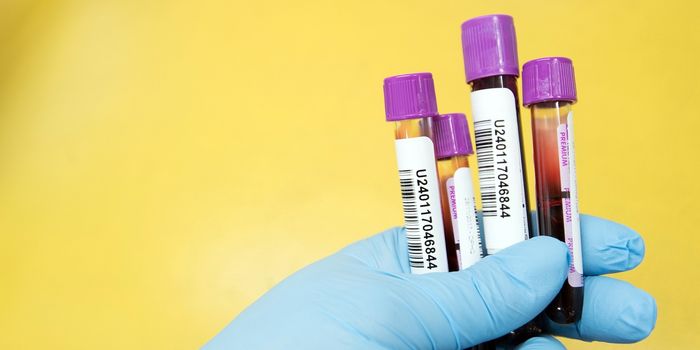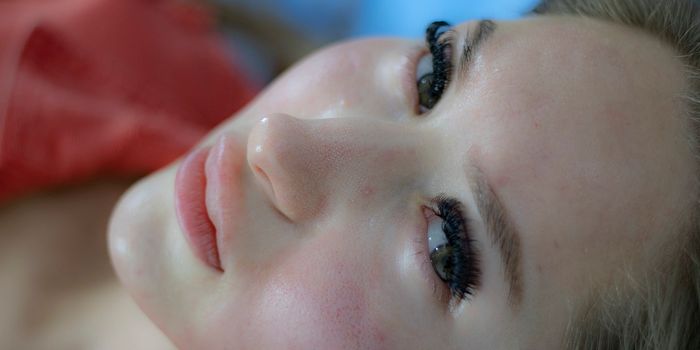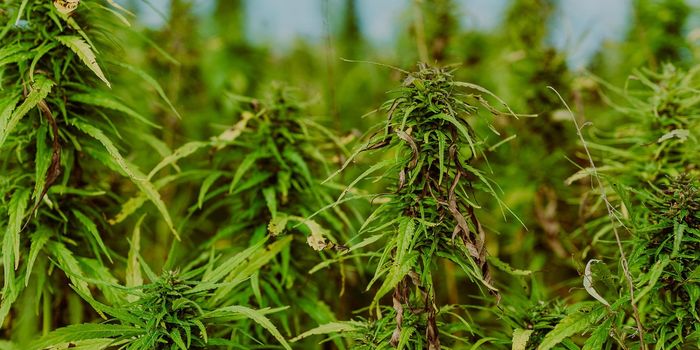Allergy Desensitization: How We Can Phase Out 'Peanut-Free' Tables at School
Peanut allergies affect roughly 6.1 million Americans, and over 32 million have more general allergies.1 Many of these patients are told by their practitioners to avoid their allergens, which often leads to stress, isolation, and anxiety, according to Dr. Edwin Kim of the University of North Carolina School of Medicine in Chapel Hill.2
Learn more about food allergies here:
This study enrolled 54 children allergic to peanuts, ranging from 1-11 years old. All the children received 4mg of peanut sublingual immunotherapy. The official assessment of desensitization was conducted by a double-blind, placebo-controlled food challenge, along with skin prick testing, immunoglobulins, basophil activation testing, and other immune-related molecules measured. The food challenge measured the mean successfully consumed dose of peanuts (without throwing it up or having an allergic reaction.)3
47 of the original 54 participants finished out the trial, and their mean successfully consumed dose of peanuts increased from 48mg to 2723mg peanut protein after the immunotherapy, with 70% of patients achieving clinically significant desensitization and 36% of patients achieving full desensitization. Clinically significant desensitization was defined by having a mean successfully consumed dose of more than 800mg, and full desensitization was defined by a mean successfully consumed dose over 5000mg.
They found that this desensitization lasted over 17 weeks after discontinuation of therapy. If additional trials are successful, this peanut sublingual immunotherapy could revolutionize allergy medicine. This would change the standard of care from allergen avoidance to allergen micro-dosing to desensitize the patient from reacting to a potentially life-threatening allergy. Broader implications of this study could be applied to various other food allergies and environmental allergies such as pollen and dust.
It will be highly anticipated to hear more about the future directions of this immunotherapy for allergy treatment.
References
1 https://www.foodallergy.org/resources/facts-and-statistics
3 Edwin H Kim, Corinne A Keet, Yamini V Virkud, Stacy Chin, Ping Ye, Anusha Penumarti, Johanna Smeekens, Rishu Guo, Xiaohong Yue, Quefeng Li, Michael R Kosorok, Michael D Kulis, A Wesley Burks. Open-label study of the efficacy, safety and durability of peanut sublingual immunotherapy in peanut-allergic children, Journal of Allergy and Clinical Immunology, 2023.








